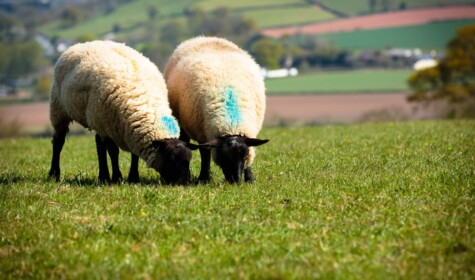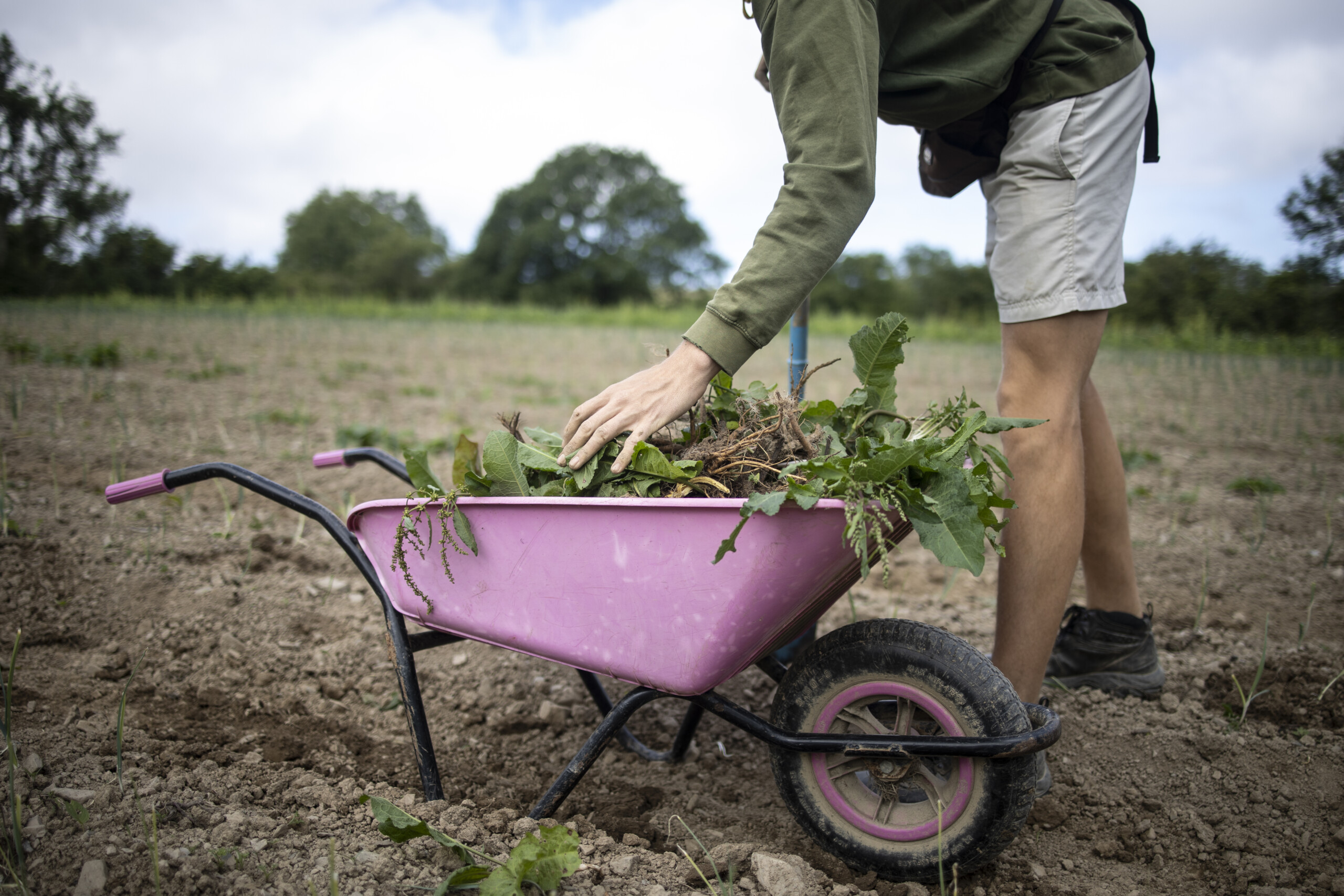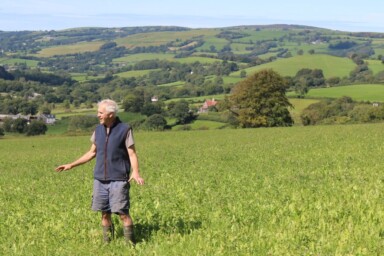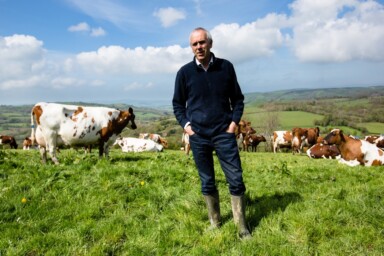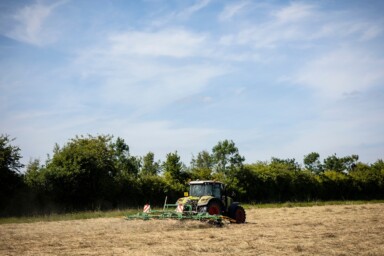SFT Policy Director, Lesley Mitchell, recently went on a whistle-stop tour of the latest UK political party conferences. Here, she delves into the main parties’ positions on food and farming issues, explaining how the SFT’s work can continue to push for transformative policy changes to enable a more resilient and sustainable food system.
As we head into autumn and begin to look to 2024, one of the big (potential) events on the horizon will be the UK general election. While the prospect of a political circus might not inspire many, there is a huge amount at stake for food and farming, at this pivotal point in time.
With the removal of land-based Basic Payment for farmers by 2027, introduction of environmental management schemes and many new demands from supply chains on carbon, biodiversity and more, farming could be on the brink of a major regenerative transformation – or alternatively, a shallow shift that fails to deliver on these key goals. At the same time, farmer incomes are squeezed from both ends, with rising costs of production and pressure not to raise consumer prices. All of this is happening in a context where recent research has shown that poverty, and associated lack of access to healthy food, is a far deeper crisis than many of us could imagine, with the latest evidence of more than one million British children living in destitution. Political leaders’ priorities will have major consequences, from livelihoods to health and society, and to our rapidly changing climate.
I joined the SFT as Policy Director in June and, since then, have been working to assess the potential for policy action, including getting a feel for what the various parties are saying about food and farming at the recent party conferences. Here, I share some of the key themes that are beginning to surface.
The lay of the land for food and farming
The first question is where does food and farming fit in each party’s priorities? The incumbent Conservative government has emphasised the shift to Environmental Land Management schemes (ELMs), rewarding actions that boost biodiversity or nature recovery. There were no obvious new announcements from the Conservative conference, more a focus on holding the line on existing pledges.
For the Liberal Democrats, there was a notable focus on rural communities and farming, with pledges of increasing the agriculture budget (and thus support for ELMs) by £1 billion. However, others have suggested these pledges are to win support in key constituencies such as the South West, rather than core demands the party might bring to a potential coalition government.
With Labour, there were no formal statements on farming budgets, but much advocacy toward shadow ministers from fringe events, seeking the same level of budgetary uplift. Food and farming were not explicit priorities but are embedded in their key missions for green growth and increasing opportunity for all. There were some strong statements from shadow ministers Steve Reed and Daniel Zeichner on the importance of future farming to work with nature and the need for the UK’s food system to build resilience and boost environmental recovery while rewarding farmers fairly. But there will be much work to do to turn these good words into policy actions, should Labour win.
